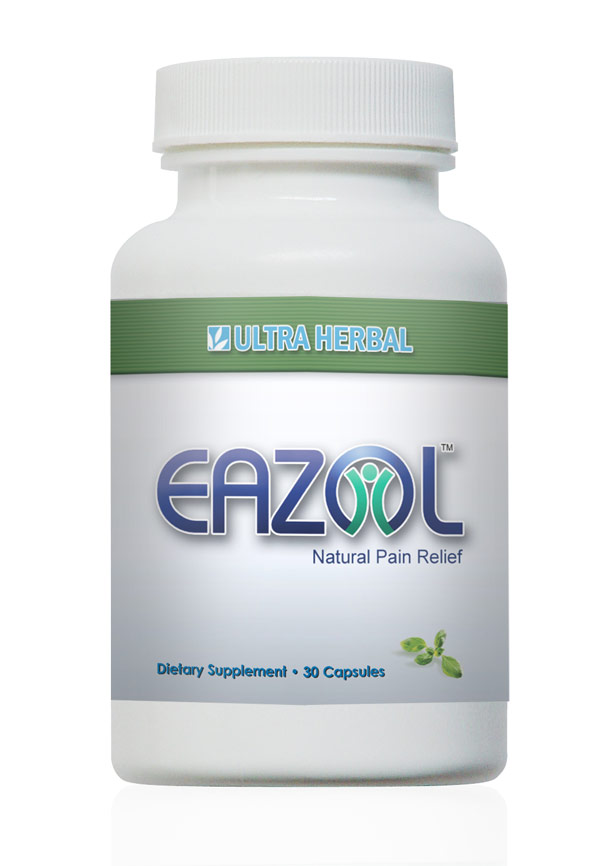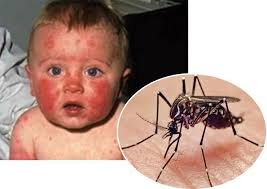Get the Relief You Need
It seems you can hardly get through your day without something hurting. Finally, there's a natural solution to those annoying aches and pains with Eazol: The FDA-Registered Homeopathic Pain Reliever.

Every day, millions of Americans
experience the nagging, shooting, pinching aches and pains that come with
everyday life. Until now, the only way to treat these annoying symptoms were
with drugs or other medicines that often caused unpleasant side effects!
Now you no longer have to worryabout the harmful long-term impact of drugs or the annoying side effects of most pain relievers. With Eazol, you'll get an FDA-Registered Pain Reliever that's100% Natural with no side effects.
Now you no longer have to worryabout the harmful long-term impact of drugs or the annoying side effects of most pain relievers. With Eazol, you'll get an FDA-Registered Pain Reliever that's100% Natural with no side effects.
Do you have a stiff neck?
Do you have a sore shoulder? Did your knees and hips feel all
"creaky" this morning? Ease it with Eazol - the FDA Registered
Homeopathic Product formulated to soothe those nagging aches and pains.
All-Natural Homeopathic Relief
Each ingredient in Eazol was picked by expert formulators
in the field of homeopathy. Homeopathy is a very unique system of medicine
because the ingredients are used at levels that are generally understood to be
non-toxic, with no negative side effects:
Nothing artificial or chemical
Nothing that will upset your stomach.
Nothing you have to worry about.
Most likely, you or someone you know
suffers from some form of joint pain. With the recent removal of VIOXX and
Celebrex from the market, millions of people are searching for an all-natural
alternative. Eazol is the ONLY pain relief health supplement that includes a
complete list of active botanicals in one easy to take supplement.



